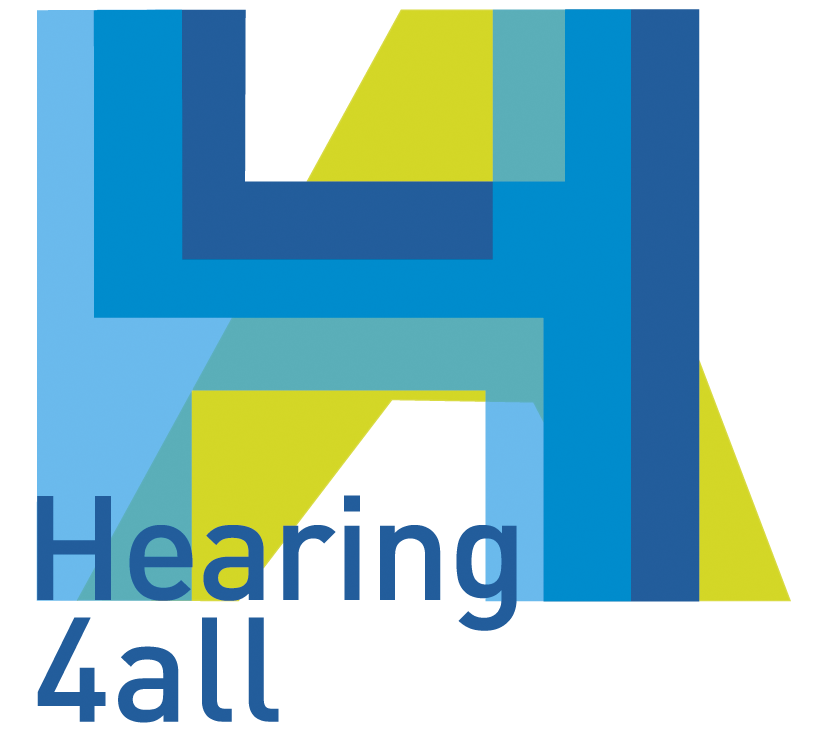Hearing and cognition throughout the lifespan
There is recent evidence that elderly subjects with hearing loss are more likely to develop age-related cognitive decline. Studies investigating the causal relationship and moderating factors between a loss of sensory function and cognition in the elderly are however still missing. Further, the impact of hearing loss in young age on neurodevelopment of higher cognitive functions, which in turn impact on hearing and speech processing, is also not well understood. Recent reports indicate a risk for atypical cognitive development in congenitally deaf children even after restoration of hearing. This may complicate auditory learning and be responsible for the outcome variation after cochlear implantation. Longitudinal studies assessing the development of audition, cognition and whole brain connectivity in these patient populations in combination with animal models are urgently needed. Using similar tests in animals and humans it will be investigated whether hearing loss causally impacts cognitive development and communication in young and old age and how this is related to changes in neural activity within and beyond auditory cortices.








